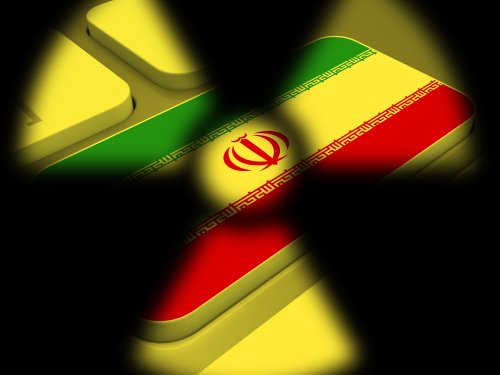Brussels (Brussels Morning) Iran is sending mixed messages about the future of the lapsed nuclear treaty signed with the major world powers. Negotiations in Vienna are on pause just as the new administration in Tehran is reviewing its official position on the issue.
Iranian Foreign Ministry spokesman Saeed Khatibzadeh applauded his country’s efforts via Twitter on Saturday, claiming that Tehran has been the most active party in the Vienna negotiations, having put forward the most drafts for an amended treaty. He noted that the deal is still possible, but he also warned that Tehran would not be negotiating forever.
The 2015 Joint Comprehensive Plan of Action (JCPOA) was originally signed between Iran, the five permanent UN Security Council members, plus Germany and the EU. The deal provided relief for Tehran from international sanctions, while putting safeguards in place to ensure the country’s nuclear programme could not produce nuclear grade weapons.
However, once former US President Donald Trump unilaterally abandoned the deal and re-imposed sanctions on Iran, Tehran started engaging in a staggered series of breaches of the stipulations it had agreed to as part of the treaty. These, most notably, included exceeding the agreed uranium enrichment limits and Tehran’s threats to prevent International Atomic Energy Agency’s (IAEA) inspectors from accessing its facilities and records.
With the change of administration in the White House, the US and Iran entered a stalemate, with both sides indicating a desire to revive the treaty, but neither being willing to take the first step by way of concession. Washington insists Tehran must first return to compliance, while Iran insists the US must first lift its sanctions.
The Vienna talks – organised between all the original signatories but with the US present at the actual discussions only by proxy – reportedly saw movement in a positive direction. However, it remains to be seen how the recent change of administration in Tehran will impact the talks. Moderate president Hassan Rouhani was replaced by ultra-conservative Ebrahim Raisi, the presidential candidate openly favoured by the country’s Supreme Leader, Ayatollah Ali Khamenei.
Complicating the matter further, on Sunday, Iran’s Speaker of Parliament, Mohammad Baqer Qalibaf. said that the country will not hand over stored surveillance footage from its nuclear facilities to the IAEA, since Tehran’s deal with the UN agency had expired. US Secretary of State, Antony Blinken, had warned on Friday that failure to extend the monitoring arrangement would represent a concern for the negotiations, which are expected to continue in early July.




